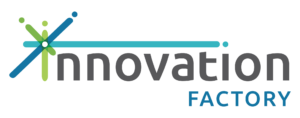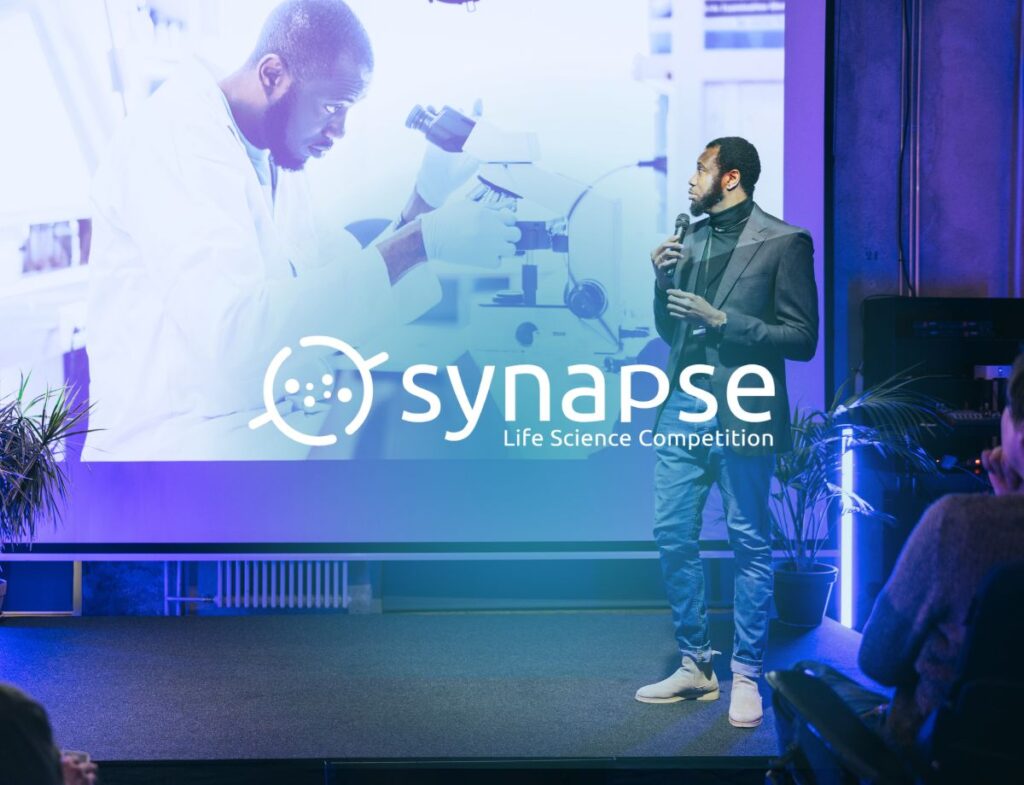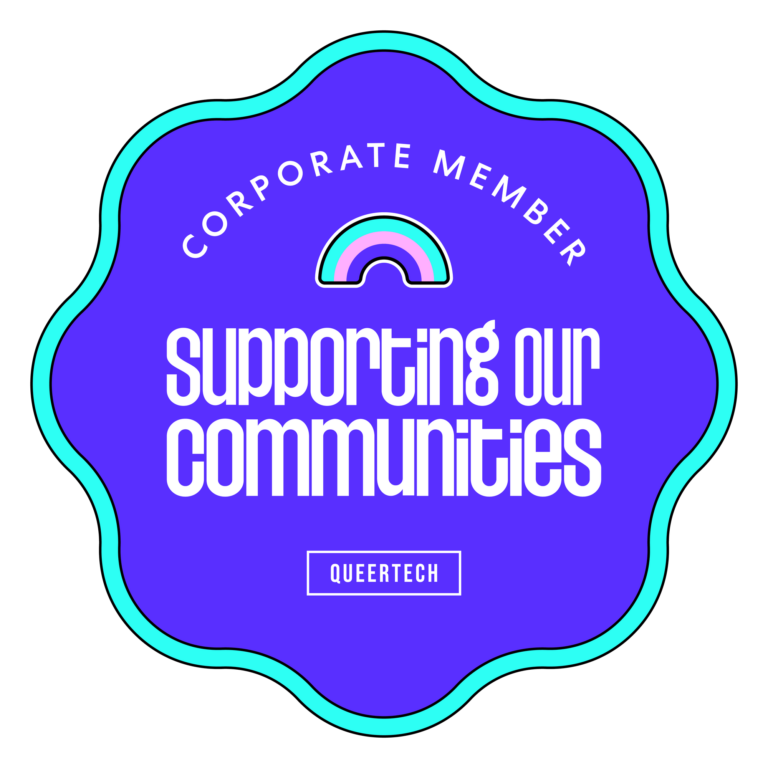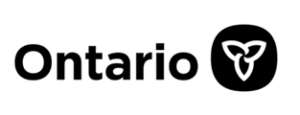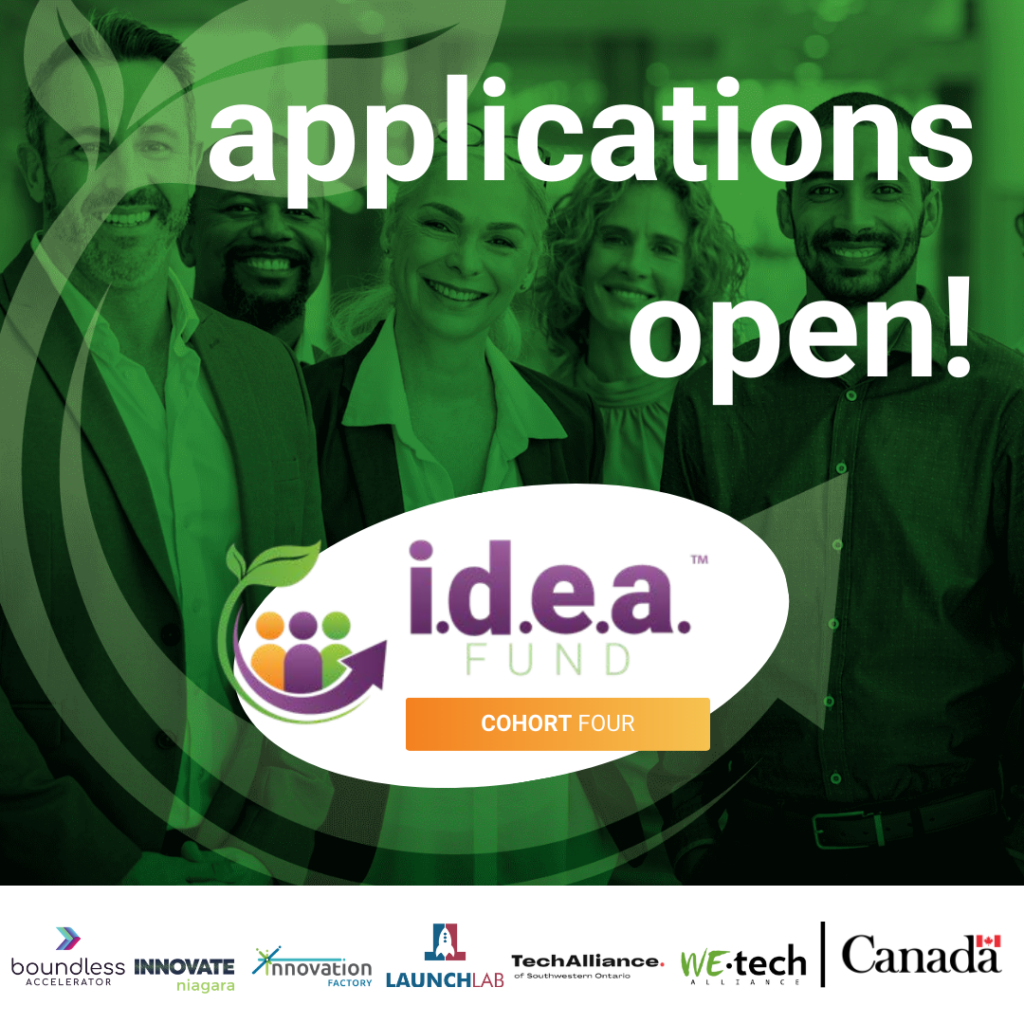Written by: Sara M. Nolte
The next Synapse Life Sciences competition is just around the corner. So what better time to have a chat with some of last year’s participants about their experiences with the competition and how that has affected their future plans?! Check out the results of the inaugural Synapse competition here!
Chitra Lalloo
Company: Pain-QuILT (@PainQuILT)
Product: A web-based pain assessment tool capable of recording and analyzing digital data related to pain intensity, location, and quality.
Where she’s been: Chitra has a BHSc (Hons.) from McMaster University.
What she is currently doing: Defending her PhD in Medical Sciences this summer (transferred from MSc).
Future plans: Chitra is starting a post-doc position at Sick Kids Hospital with Jennifer Stinson as part of the iOUCH group, and will also continue to be a part of Pain-QuILT’s research and development team.
Favourite thing about her work: “I like how chronic pain research is relevant to a wide group of people, and how I get to work closely with patients, seeing them benefit directly from my work.”
Synapse Competition Experience
Why do it? After Pain-QuILT’s debut in LiONS LAIR, it was clear there was plenty of room to further develop the business aspect of Pain-QuILT. Synapse connected them with business-savvy MBA students who helped developed a stronger commercialization strategy.
Biggest Synapse challenge: Developing a focused business plan: “It was really hard to choose between several potential markets, and what was the strongest selling point of Pain-QuILT!”
What is she taking away? Using persuasive language to generate interest and support for her work – creating business plans has definitely changed her perception of academic grant writing!
Advice to potential life science entrepreneurs: “My biggest fear would be to have non-useful [research],” with that in mind, Chitra recommends that “trainees make an effort to apply their research to the real world” – Synapse provides the opportunity and tools to start this process.
Dr. Chris Stone
Company: Advanced Theranostics (@AdvTheranostics)
Product: A disposable, point-of-care device capable of determining the specific pathogen involved in infectious diseases in 20 minutes.
Where he’s been: Chris has a BSc & PhD in Biochemistry at McMaster University. He was a Post-Doc at University of Toronto for a few months before spending a year at Qvella (a company designing diagnostic assays for blood pathogens), where he was introduced to the business side of biochemical research.
What he’s doing now: With his experience in both the science and business of a diagnostic company, Chris is now working with former PhD supervisor (Dr. Jim Mahony) for Advanced Theranostics – a company based on Chris’s PhD work.
Future plans: Chris has just become a part-time assistant professor, enabling him to apply for grants to move Advanced Theranostics to the next level: improving research and development, and building a business and marketing team.
Favourite thing about where he is now? “Working in a small company allows you to have roles in both the science and business parts; and it’s extremely satisfying to see the clinical translation of my research. “
Synapse Competition Experience
Why do it? The business experience. Synapse provided the opportunity to work with and learn from MBA students, and “the feedback from the business challenges was invaluable!”
Biggest Synapse challenge: Teaching the MBA students the science behind the device, while having to learn about business.
Biggest Synapse success? Having new market ideas for Advanced Theranostics and an established business plan to reach those markets.
Advice to potential life science entrepreneurs: Chris says that while combining your academic degree with some business education (MBA, courses project management, etc.) would be helpful, “starting out with a small company is a great way to gain experience [in business, marketing, and research and development] – the small size lets you have a role in just about anything!”
Stephen Jovanovic
Company: MELOCAS Technologies
Product: Streamlining the process of making detectors used in medical devices (e.g. CT scanners), by using materials that are not only more time – cost- and material-effective, but also more sensitive.
Where he’s been: Stephen graduated from McMaster with a BEng and Management. He spent several years interning and obtained a MSc in process engineering from McMaster, on a project studying inorganic semi-conductors.
What he is currently doing: Stephen is working at GlaxoSmithKline on engineering projects, while developing seed funding with his business-minded brother for their company (MELOCAS Technologies).
Where he’s going: He’s looking to “satisfy [his] desire to combine academic and industrial pursuits,” either through further education or company development.
Inspiration for his work: “I always loved taking things apart and putting them back together with fewer pieces, and they still worked!” He says he doesn’t want to help a single, specific person – he wants to help everyone, and saw Process Engineering as the key to doing this.
Synapse Competition Experience
Why do it? “I Knew I lacked a business background, and was excited to have access to business resources.”
Biggest Synapse challenge: Tight timelines (especially with a full time job), and moving from a rubric to a decent final product.
What is Stephen taking away? “The importance of demonstrating that your business is worth investing in – it is difficult to convince someone to take a risk on you without proper planning and justification. How MELOCAS will be marketed and moved forward has since changed drastically!”
Advice to potential life science entrepreneurs: Stephen’s advice to those wondering what to do after their degree: whatever you want. “There is no better time to take risks than when you’re young. Even if you fail, you’re going to learn something fundamental to success from being unsuccessful. Never use the word ‘but’ – the second you use it, innovation is dead. Learn to take calculated risks, and this comes from trial and error.”
